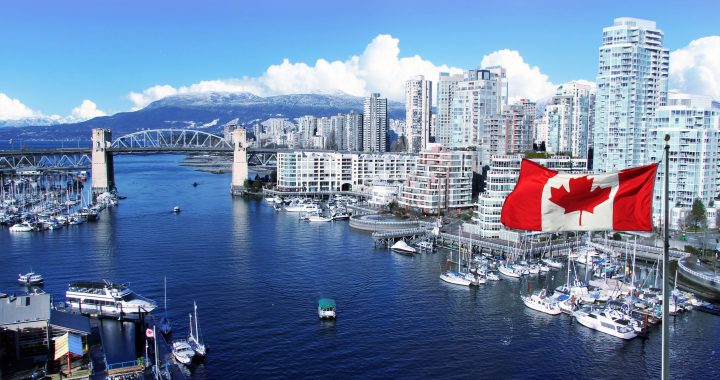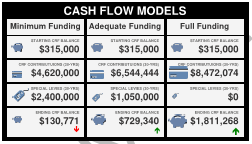Depreciation reports are essential for property owners and investors in the province of British Columbia. These reports estimate a property’s current value based on its age, condition, and other factors. This information can be helpful for a variety of purposes, including:
Tax planning: In British Columbia, property owners are required to pay property taxes based on the assessed value of their property. A depreciation report can help property owners estimate the current value of their property, which can be helpful for tax planning purposes.
Investment analysis: For investors, a depreciation report can provide valuable insights into the potential return on investment for a particular property. By understanding the current value of a property, investors can make more informed decisions about whether to buy, sell, or hold onto a specific investment.
Maintenance and repair planning: A depreciation report can help property owners identify their potential maintenance and repair needs. By identifying these needs early on, property owners can budget for necessary repairs and maintain the value of their property over time.
Insurance coverage: A depreciation report can also help property owners determine the appropriate level of insurance coverage for their property. By understanding the current value of a property, owners can ensure that they have sufficient coverage in the event of damage or loss.
In conclusion, depreciation reports can be a valuable tool for property owners and investors in British Columbia. These reports can help with tax planning, investment analysis, maintenance and repair planning, and insurance coverage, among other things. If you are a property owner or investor in British Columbia, consider getting a depreciation report to help you make more informed decisions about your property.




